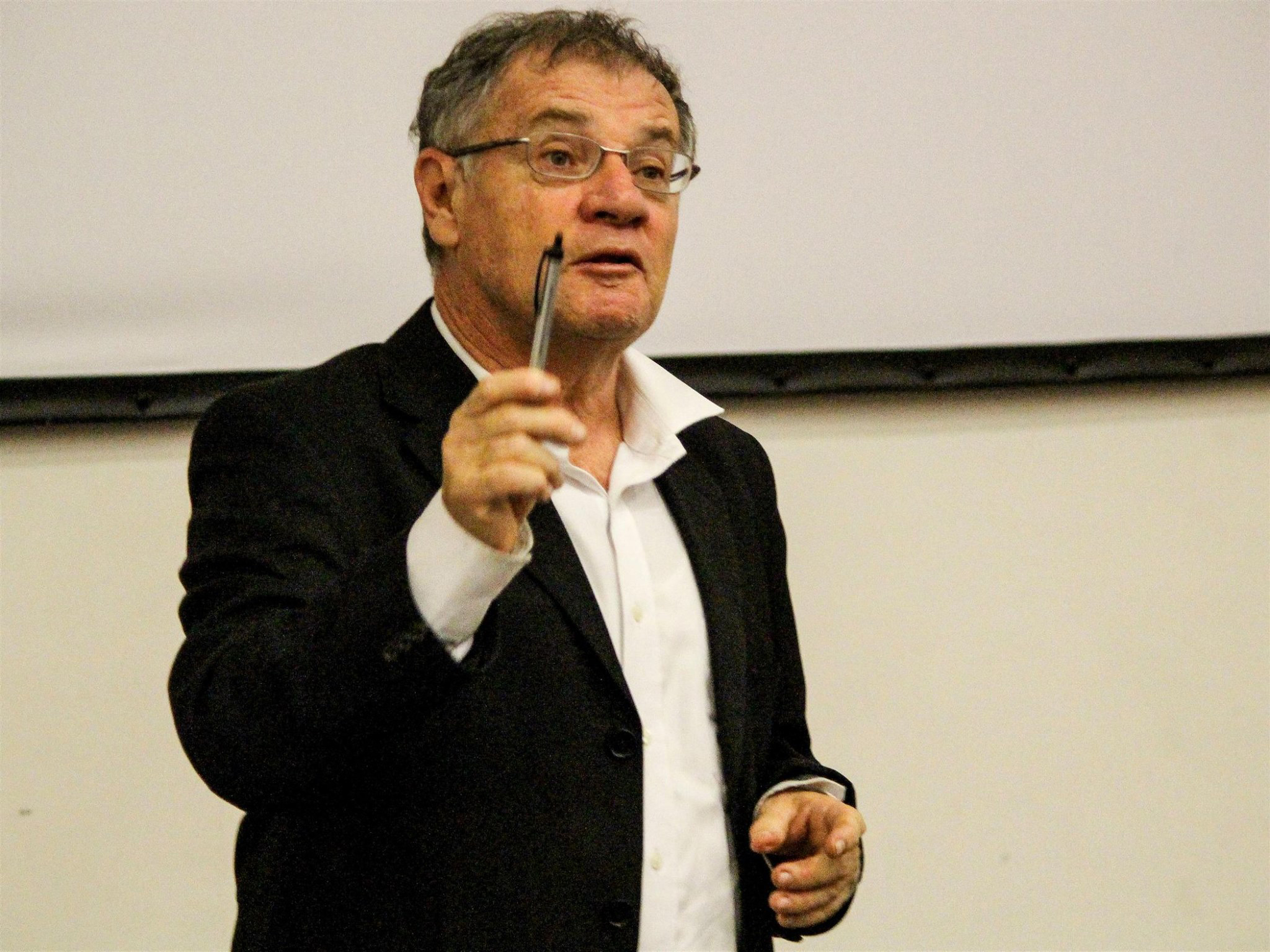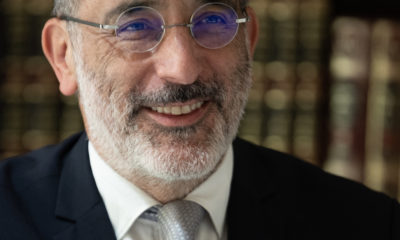
Featured Item

Standing in judgement – no easy task
At this time of year, the Jewish community around the globe is judged in the hope of being inscribed in the Book of Life, sealed on Yom Kippur. Judging can be an impossible task, however. Judges from the Jewish community explain what it takes to make a judgement that will affect someone’s future.
The decision plays on a judge’s mind, says Dennis Davis, a legal academic, jurist, and retired judge, who was judge president of the Competition Appeal Court between 2000 and 2020. Judges deal with different cases and so, their thought processes when making a judgement are dependent on the situation.
“In a criminal case, the consequences are different because you may be sentencing somebody to a term of imprisonment for a very long time. In a civil case, all sorts of other consequences occur,” says Davis. “The thing about being a judge in all of these cases is that you know what the parties want. There’s not a stream of consciousness whereby you don’t know what the results should be because you have a menu of options.”
Similarly, retired Judge Ezra Goldstein, who was appointed as a judge in 1987 and served until 2008, says there are two main things a judge considers, one is the law and what the law says, which means researching and listening to the arguments in court, and the other is the facts of the case.
“As a judge, you deal much more with the facts than the law,” says Goldstein. “That’s a big challenge – finding where the truth is.”
For Goldstein, the story is the important thing.
“If a witness is lying then he won’t know all the details you know about the story. The person who is telling you the truth will know all the details. So, the greater the detail, the greater the credibility,” he says. “I don’t believe that whether you look at the witness or not makes much difference. There is a view that you need to see the witnesses, but I think it’s more what the witnesses say and the detail of their story.”
Davis says the personality of a judge has an impact on a case. “Judges are human beings. We aren’t infallible,” he said, “If you’re a high court judge, you’ve always got the comfort that there are courts above you that make a right to a mistake, and very often, you can’t agonise beyond a certain level.
“Not every case is about the 90-10, meaning the merits are 90% on your side and only a maximum of 10% on the other side,” he says. “You get what I call 50-50 cases, which are when you can see both sides of the argument, and you’ve got to make a call. Sometimes those are very difficult to make.
“Often you have the view that parties have the option to have security by going to a higher court. When you’re in the highest court, of course, you have this advantage that you’re not on your own,” he says.
Goldstein says he cannot agonise over whether he has made the right judgement or not, and despite the pressure he may have felt to make the correct judgement, he never does a post-mortem of a case after it has concluded.
However, Davis asserts that if there are any doubts in the judgement of a case, that judgement can be changed by being reversed on appeal. You learn as a judge how to look at your decisions critically, he says, especially when they are taken to a higher court, and realise where you could have gone wrong.
“It’s always a learning experience. You never know it all. But when you make that kind of mistake, sometimes it can be embarrassing,” says Davis. “Generally, if I was overturned on appeal in circumstances whereby it was a debate, meaning they would argue that your judgement has a point but the better point is the other side, that’s fine.”
“Where it’s incredibly embarrassing for judges is when you read a judgement on appeal and the judge got it wrong, everything was wrong,” he says. “That’s a shocker. Then, you have to think deeply about what it was that you got wrong so that you don’t do it again, and you should be embarrassed.”
“The work is demanding and stressful,” Goldstein says, “but I don’t see the point of analysing the decision after it has been made. I never worry about it because I did my best, and that’s it.”
Both Dennis and Goldstein don’t take their positions as judges lightly, and are aware that the decisions they make often change the lives of those on both sides.
“It’s a big responsibility. I took it very seriously,” Goldstein says. “I knew my judgements were able to change the lives of both parties, so I tried my best to reach the right decision.”
For Davis, his most difficult cases were custody cases. “It isn’t because they were posing complicated legal questions, rather it was because if you are asked to decide whether the father or the mother should have the child, you’re making incredibly important decisions for other people’s children.”
Davis would ask advocates who came into his chambers in those cases how he could presume that he would know what would be better for someone’s child rather than the client.
“I used to find these cases – not always, some of them are quite clear – but many of them were amazingly emotionally difficult for me to deal with,” he said.










